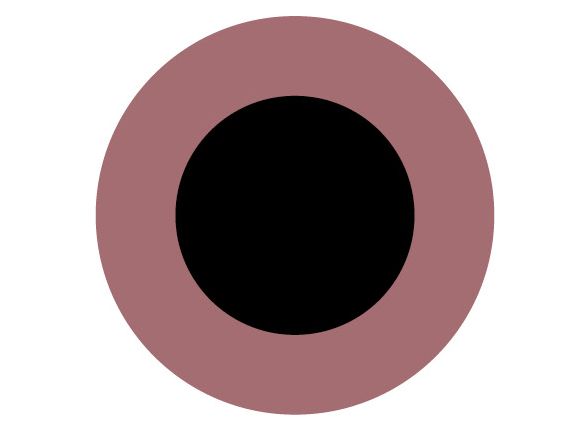Photo Albums’ Twisted Meanings:
Between Nostalgia and Trauma
25–26 November, 2021, Prague
Photo albums as a subject of historical and theoretical discourse are usually considered an instrument of nostalgic reminiscing or, on the contrary, as a vehicle for the traumatic memories of the creators or their descendants, who were directly confronted with these memories and “postmemories” (Marianne Hirsch). But what about albums divested of the original memories, lacking the “oral scaffolding” (Martha Langford), which have acquired a new, often completely opposite meaning over time – for example, family albums confiscated by the state authorities and discovered by chance in public archives decades later, or aesthetically and visually appealing albums connected with chapters in local history that are generally traumatic? After several decades of postmemory, what was supposed to be a nostalgic or joyful memory has become a confusing and painful reminder. These albums affect us, even though we are only loosely connected to them – through geographical, cultural or linguistic affiliations rather than familiality. Unlike individual photographs, albums are also more substantial and as such make much more pressing claims on the attention of researchers, curators, archivists and laypeople.
One of the main aims of the workshop is to discuss and highlight obscure, forgotten albums reflecting traumatic or forgotten chapters in history, repressed memories or displaced and marginalized groups or individuals. We therefore welcome contributions focusing on individual albums as well as sets of albums, their creators, history, roles or presentation methods. Special attention will be paid to theoretical issues and concepts that can be used to approach this kind of material. However, our attention will mainly – though not exclusively – be directed at selected topics and events from the 20th and 21st centuries, which can be considered on three different levels: Czech or Czechoslovak (the initial focus of the research project); Central European; and global. In the context of the Czech Republic, these might include the post-war confiscations and expulsion of the Germans, the total deployment of the population during World War II, the destruction of villages and settlements in connection with the construction of a defensive line in the border regions, emigration and immigration, minority communities in a linguistically and ethnically relatively homogeneous society, etc.
At the same time, we view photo albums as a complex tool for representing society or individuals, which overlaps with friendship books, scrapbooks, digital records and so on, combining a pictorial component (e.g. photographs, illustrations, postcards) and a textual component (captions, notes, a running commentary, inserted letters etc.), whose meanings change over time.
Questions may include: How can this kind of “twisted” material be interpreted? How to interpret these albums without the “oral scaffolding”? How to interpret them from the position of a person with an affiliative, indirect or very loose connection to the past? How to approach albums with this kind of “twisted meaning” from the position of the current owner, curator, scholar or artist? How to approach this kind of material without identifying with it in any way? How to deal with it without merely being charmed by it or, on the contrary, completely paralysed by it?
We welcome proposals from researchers with various backgrounds, including photo history, art history, anthropology, history, philosophy, art etc.
Abstracts of up to 300 words together with a brief CV (no more than 150 words) should be sent by 15 August 2021 to trnkova@udu.cas.cz.
Authors of accepted submissions will be notified by 31 August 2021.
Presentations will be 20 minutes long.
It is anticipated that the workshop will take place in Prague on 25–26 November 2021.
In the event of an adverse epidemiological situation due to COVID-19, the workshop will be held online, or alternatively we will consider rescheduling it.
The workshop is organized by CVF – Photography Research Centre at the Institute of Art History of the Czech Academy of Sciences, in collaboration with DOX – Centre for Contemporary Art in Prague as part of the research programme Resilient Society for 21st Century. The event is supported by the CAS through the Strategy AV21 programme.
Organisers: Petra Trnková and Barbora Kundračíková


